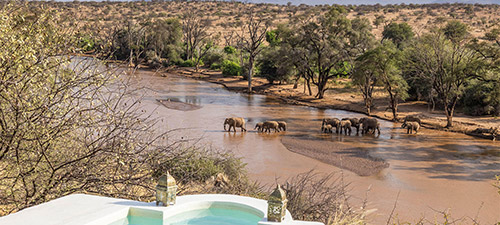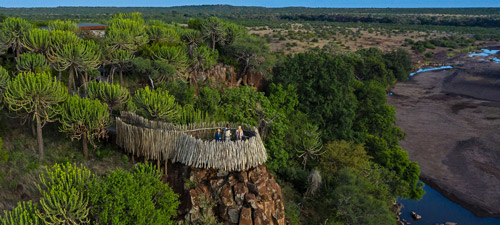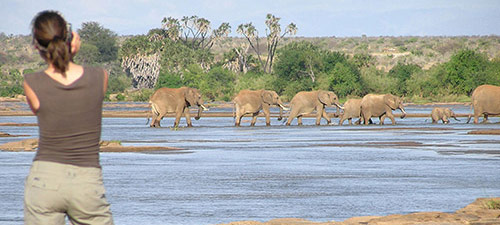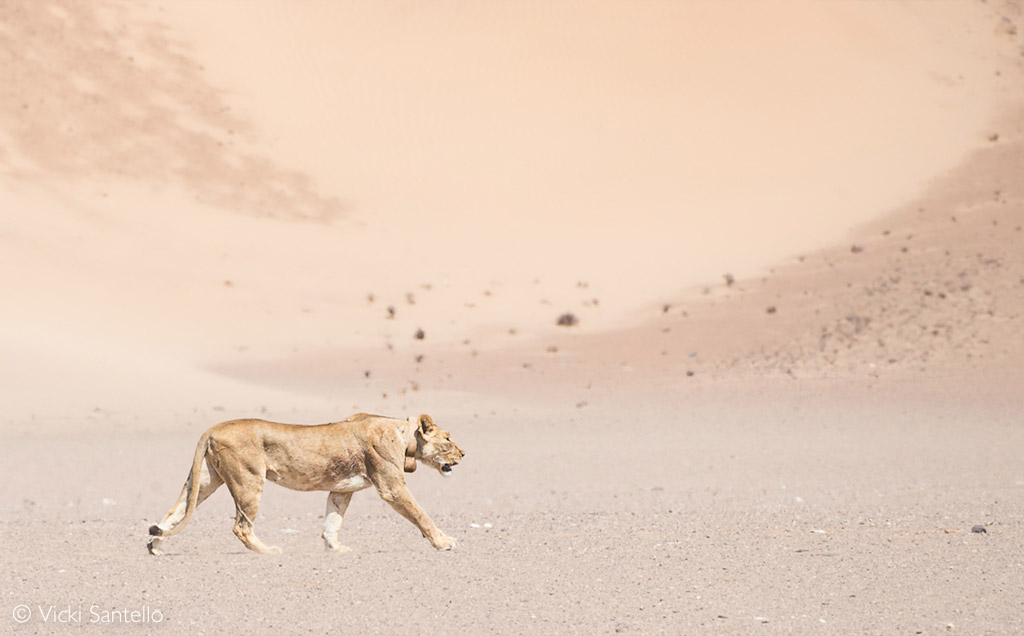
This is a copy of our weekly email newsletter. Subscribe here to receive the newsletter.
You can save lions + are Kruger rhinos safe?
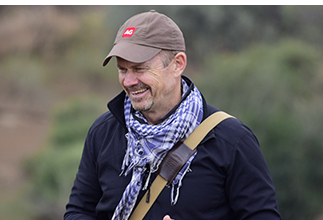
Now and then I will ask you to break through the scroll of modern life to make a REAL DIFFERENCE on a specific issue. Today is such a day.
Dispersing male lions are the genetic lifeline for Africa’s rapidly diminishing free-roaming lion populations. They leave the pride at about two to three years of age – often forced out by the pride male/s – to team up with other outcast males to find territory with food and females. When you hear about lions that have ‘escaped’ from protected areas it’s often dispersing young males doing what nature intended. Many don’t get to sire future generations – this is nature’s plan to ensure that only the fittest survive to strengthen the gene pool.
There are plenty of natural reasons why many dispersing male lions don’t make the cut – but, increasingly, humankind is a significant factor. Human-wildlife conflict is probably the biggest threat they face – humans killing lions that threaten their livestock. And who can blame Africa’s rural villagers? They are following the example set by others across this precious planet. Another is the removal of habitat and prey species by humans as we ‘develop’ the remaining wild areas and create islands of our protected areas. A further threat is trophy hunters killing free-roaming male lions as they disperse. We have got to the point where every dispersing male lion needs to be protected. Killing them off for fun and ego is not conservation, no matter how powerful and aggressive the trophy hunting lobby is.
This is where you come in: Whatever the reasons that prevent male lions from playing their intended role, scientists need more information about their dispersal habits. Team Africa Geographic has dug deep into our pockets to sponsor a lion collar; you can too. Perhaps team up with friends or colleagues, or donate even just a small amount – it all helps. Please join us to empower researchers to better protect Africa’s iconic free-roaming lions.
Keep the passion

Simon Espley – CEO, Africa Geographic
From our Editor – Taryn van Jaarsveld
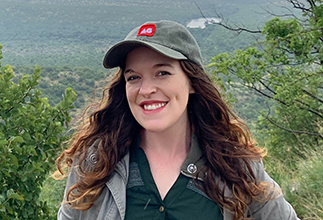
Did you know that two African gems have just been added to UNESCO’s list of World Heritage Sites? The forest massif of Odzala-Kokoua National Park in Congo-Brazzaville, which protects an enormous section of Central Africa’s rainforests and its critically endangered forest elephants, has been added as a new site (you can find safaris to Odzala-Kokoua here). The Adrefana dry forests of Madagascar have been added as an extension to the existing World Heritage area in Tsingy de Bemaraha National Park. This recognition can drive the international prominence of these sites, encouraging responsible tourism and sustainable development, while safeguarding local environments and traditions.
Here’s hoping their newly found status will foster global cooperation in their protection, ensuring they endure for future generations – and ensuring you can make your dreams of visiting these spectacular African destinations a reality. (We can help make this dream happen for you too – just get in touch with our safari experts).
Speaking of travel dreams – we’ve put together the ultimate to-do list for visiting one of South Africa’s most popular destinations – Cape Town. See below. You can also check out our guide to Botswana’s zebra migrations, and read about the efficacy of Greater Kruger’s rhino conservation interventions.

Story 1
https://africageographic.com/stories/the-science-behind-keeping-the-rhinos-of-greater-kruger-safe/
KRUGER’S RHINOS
How effective are Greater Kruger’s interventions in keeping rhinos safe? A new report analyses Kruger’s rhino conservation
Story 2
https://africageographic.com/stories/cape-town-the-ultimate-to-do-list/
CAPE TOWN
The city of Cape Town is one of South Africa’s most popular tourist destinations – for good reason. Here’s our ultimate Cape Town to-do list
Story 3
https://africageographic.com/stories/botswanas-zebra-migrations/
ZEBRA MIGRATIONS
Botswana hosts two zebra migrations, one of which is the longest mammal migration in Africa. The zebras travel in search of water and grazing
 TRAVEL DESK UPDATES:
TRAVEL DESK UPDATES:
It’s prime time to witness both the Great Wildebeest Migration in Tanzania and the zebra migration in Botswana. To take advantage of the two specials on offer below, contact our safari experts – and they’ll plan your ultimate African safari
LAST-MINUTE SPECIAL – US$4,030 per person sharing (5 days) – for October 2023 only – 23% OFF
The Great Wildebeest Migration in Serengeti National Park, Tanzania is an event you WANT to experience. For this special offer, we’ve chosen specific dates and camps to maximise sightings based on where the herds are at the time. Don’t miss your chance to witness this epic wildlife event! Get 23% off when booking for October 2023.
Honeymoon special: 50% off for partners at Migration Expeditions, Nxai Pan
Spend your honeymoon at Migration Expeditions, located in Nxai Pan National Park, Botswana – a prime location for witnessing the extensive zebra migration. This seasonal camp is set up specifically to witness this vital event. This honeymoon special is valid until 21 December 2023 for a minimum 6-night stay.

Safari report-back:
My bucket-list holiday
Sugnet Toerien and her group of friends recently returned from their AG safari to Kenya, where they set out to experience the Maasai Mara migration. They stayed at Tamarind Tree Hotel in Nairobi and Sentinel Mara Camp in Maasai Mara National Reserve. Thanks for the awesome review, Sugnet!
“Booking a safari holiday to the Maasai Mara through AG was an absolute game-changer for my travel experience. From start to finish, their service exceeded all expectations, and I can’t praise them enough for helping me create memories that will last a lifetime.
What truly sets AG apart is their dedication to creating personalised itineraries. They took the time to understand my preferences and interests, ensuring that every aspect of the safari catered to my desires. Whether you’re a wildlife enthusiast, a photography enthusiast, or a cultural explorer, they can design an itinerary that perfectly suits your needs. A massive thank you to safari expert Christian for making our bucket-list holiday come true!”

 WATCH: There aren’t very many scavengers that can do what vultures do – especially when it comes to removing dangerous diseases from the environment. But many of Africa’s vultures are either critically endangered, or endangered. Here’s how the Endangered Wildlife Trust is using their wealth of knowledge to drive conservation of these birds (4:00). Click here to watch
WATCH: There aren’t very many scavengers that can do what vultures do – especially when it comes to removing dangerous diseases from the environment. But many of Africa’s vultures are either critically endangered, or endangered. Here’s how the Endangered Wildlife Trust is using their wealth of knowledge to drive conservation of these birds (4:00). Click here to watch
To comment on this story: Login (or sign up) to our app here - it's a troll-free safe place 🙂.![]()



